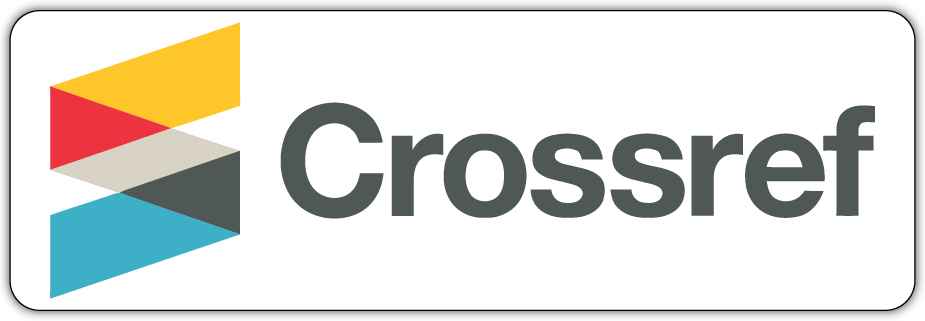Antropologi Karl Rahner dan Moral Eksistensial
Karl Rahner's Anthopology and Moral Existential
Abstract
The truth of man’s existence consists in the ontological fact that human person is a relational being. Karl Rahner (1904-1984) formulates this relationality by articulating “The Hearer of the Message” as the essence of human existence. What Rahner wants to show is that human being cannot be comprehended correctly outside his transcendental relationship with God and with his neighbors. The aim of the following article is to elaborate the questions of who we are and what we are to do as “The Hearer of the Message”. Within Rahner’s thought of the human person, Christian morality can be understood primarily as an existential mode of living, rather than as a system of doctrines.
Abstrak
Kebenaran mengenai keberadaan manusia terletak dalam fakta ontologis bahwa pribadi manusia adalah makhluk relasional. Karl Rahner (1904-1984) merumuskan relasionalitas itu dengan mengartikulasikan “Sang Pendengar Sabda” sebagai hakikat dari keberadaan manusia. Apa yang hendak Rahner tunjukkan adalah bahwa manusia tidak dapat dipahami secara benar kecuali dengan melibatkan relasi transendentalnya dengan Allah dan dengan sesamanya. Artikel berikut ini bermaksud menguraikan pertanyaan mengenai siapakah kita dan apa yang dapat kita lakukan sebagai “Sang Pendengar Sabda”. Melalui pemikiran Rahner mengenai pribadi manusia itu, Moral Kristiani dapat dipahami pertama-tama sebagai cara hidup yang sifatnya eksistensial ketimbang suatu perangkat doktrin atau ajaran.
Kata-kata kunci: Pendengar Sabda, subjektivitas, transendensi, kebebasan, keselamatan, moralitas Kristiani
DISKURSUS applies the Creative Commons license (CC BY). We allow readers to read, download, copy, distribute, print, search, or link to the full texts of its articles and allow readers to use them for any other lawful purpose. Full information about CC BY can be found here: https://creativecommons.org/licenses/by/4.0/













